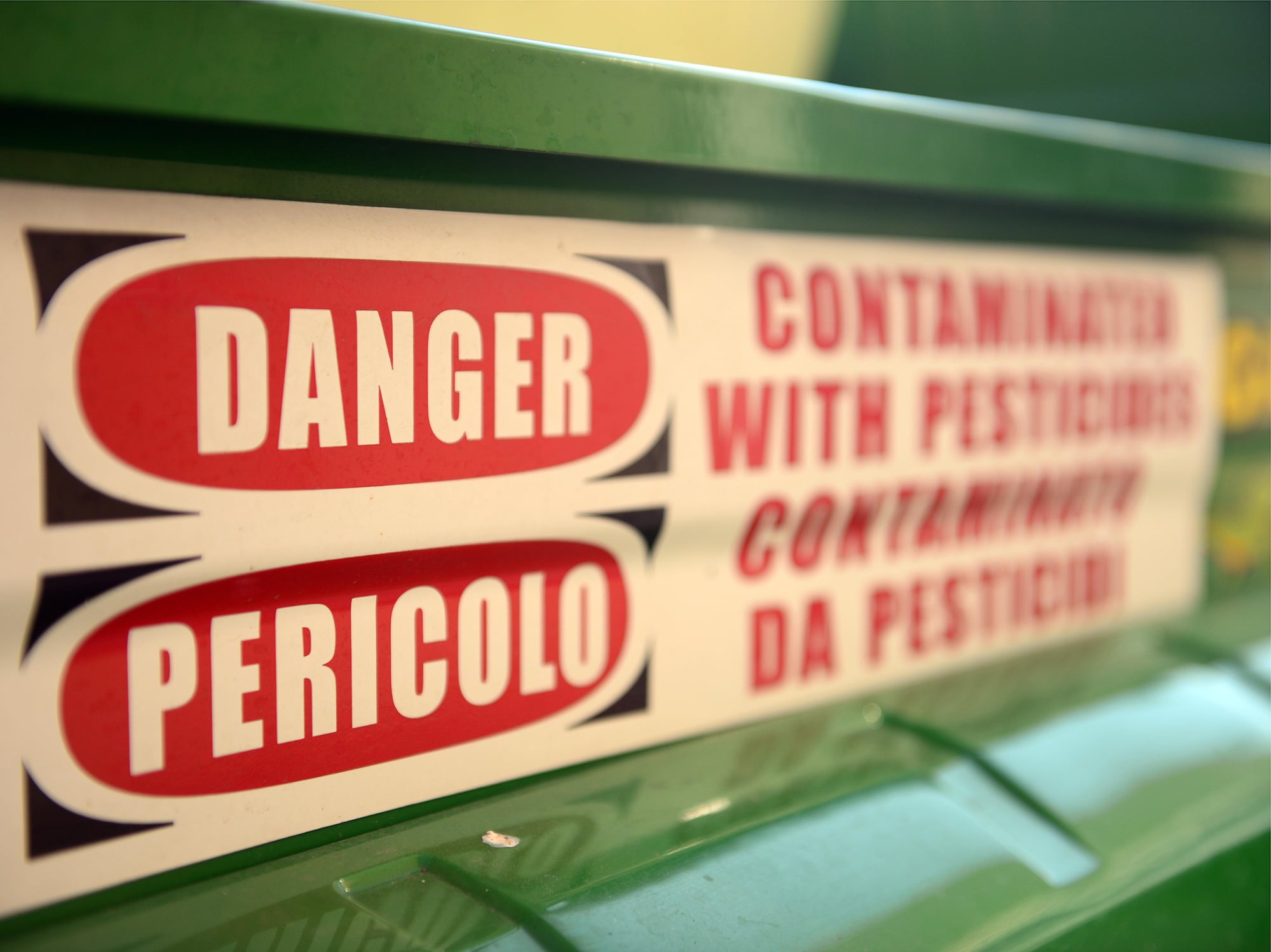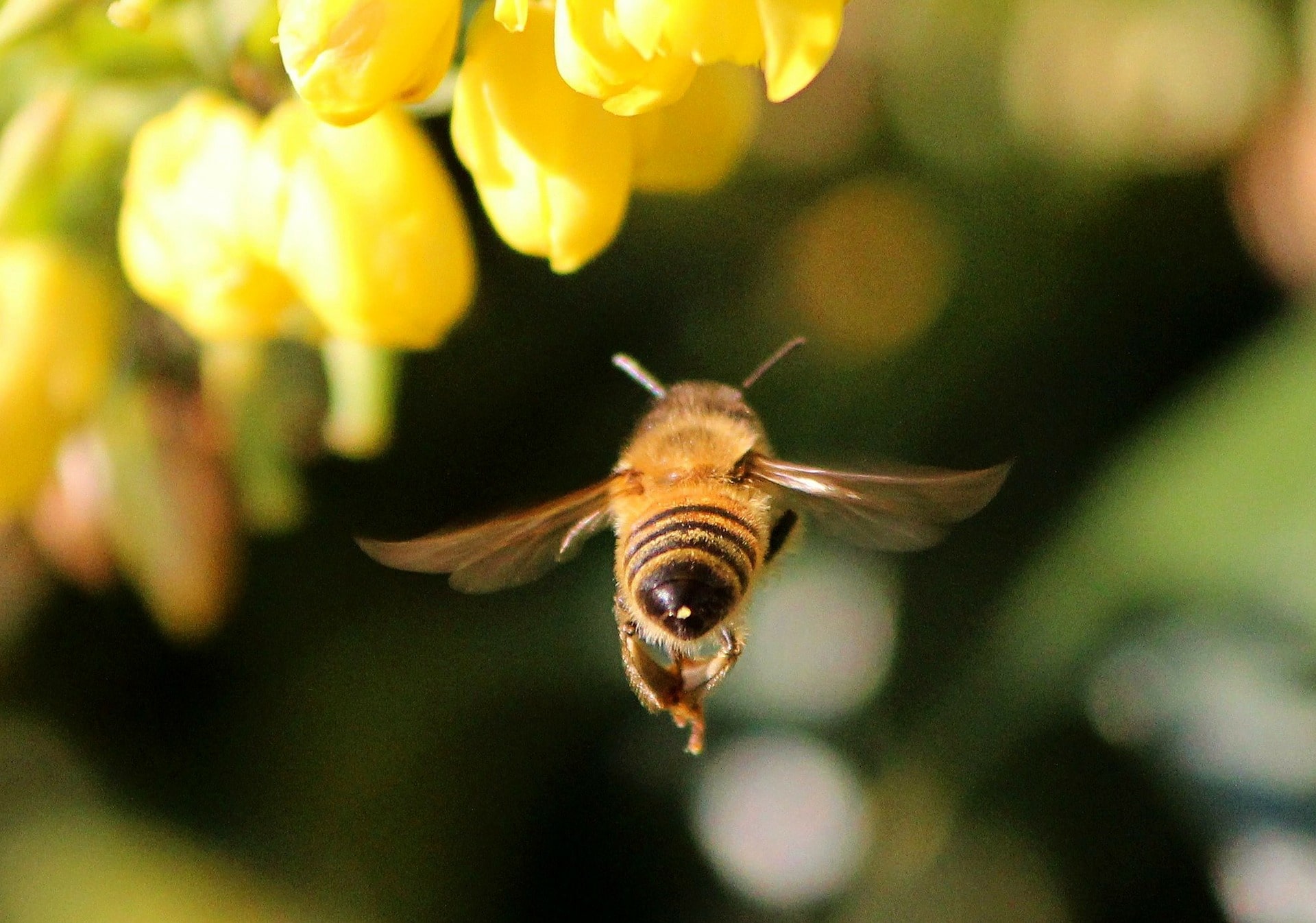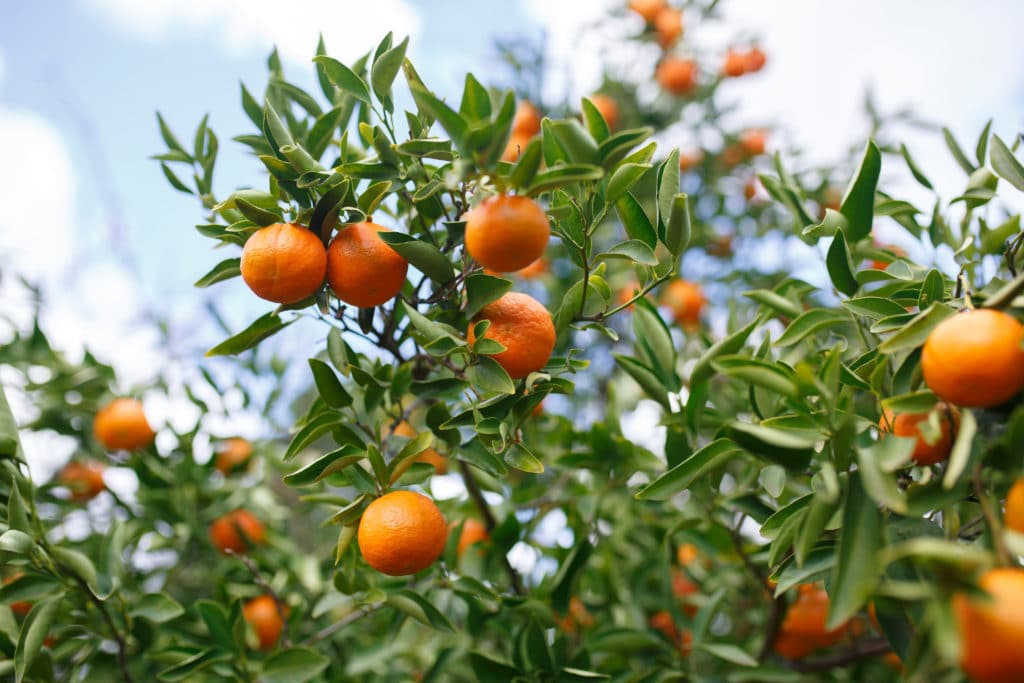
Orgánico y más allá
Orgánico y más allá
La ciencia demuestra que la agricultura ecológica puede producir suficientes alimentos para alimentar a una población mundial en crecimiento, protegiendo al mismo tiempo nuestra salud y el medio ambiente.
Amigos de la Tierra trabaja para promover la agricultura ecológica para todos: por nuestra salud, nuestras familias y nuestras comunidades; por los agricultores y trabajadores agrícolas que cultivan nuestros alimentos; por la tierra que nos nutre, los polinizadores que hacen posible la producción de alimentos y el clima y los ecosistemas que sustentan toda la vida.
La agricultura ecológica nos protege de los pesticidas tóxicos, es más rentable para los agricultores y conserva el suelo, el agua y la biodiversidad que necesitamos para alimentar al mundo durante las generaciones venideras. También es una solución climática. En épocas de sequía e inundaciones, la agricultura ecológica supera a la agricultura industrial. Y, en comparación con la agricultura industrial, conserva agua, ahorra energía y captura más carbono en el suelo.
Estados Unidos representa el 43 % del mercado mundial de alimentos orgánicos, pero menos del 1 % de sus tierras de cultivo se dedica a la agricultura orgánica. Impulsar la agricultura orgánica constituye una gran oportunidad económica para los agricultores estadounidenses y una importante estrategia de conservación para nuestra nación.
La ciencia es clara: con métodos agroecológicos, como la agricultura orgánica, no necesitamos depender de pesticidas tóxicos ni fertilizantes sintéticos para producir alimentos en abundancia. Esto es una excelente noticia para las personas, los polinizadores y todos los seres vivos. Sabemos que la necesidad de una agricultura resiliente y regenerativa es más urgente que nunca. La agricultura industrial le cuesta al mundo aproximadamente 1.4 billones de dólares anuales en daños ambientales, y el cambio climático amenaza la seguridad alimentaria futura.
Orgánico para todos
En este estudio revisado por pares, comparamos los niveles de pesticidas en los cuerpos de cuatro familias estadounidenses durante seis días con una dieta no orgánica y seis días con una dieta completamente orgánica, y encontramos que una dieta orgánica redujo rápida y drásticamente la exposición a los pesticidas.
Medios de comunicación
Más información

¿Qué es la agroecología?
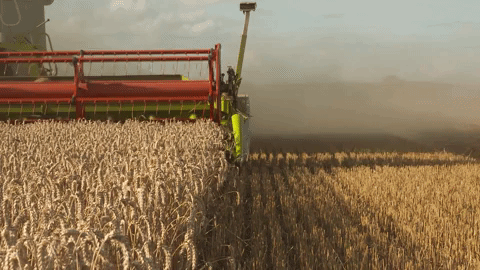
Aprende cómo podemos cultivar de manera efectiva para el futuro.
Recursos
¿Su supermercado cumple con los requisitos?
Calificamos a los principales minoristas según su oferta de productos orgánicos y la reducción de pesticidas para proteger la salud de los polinizadores.
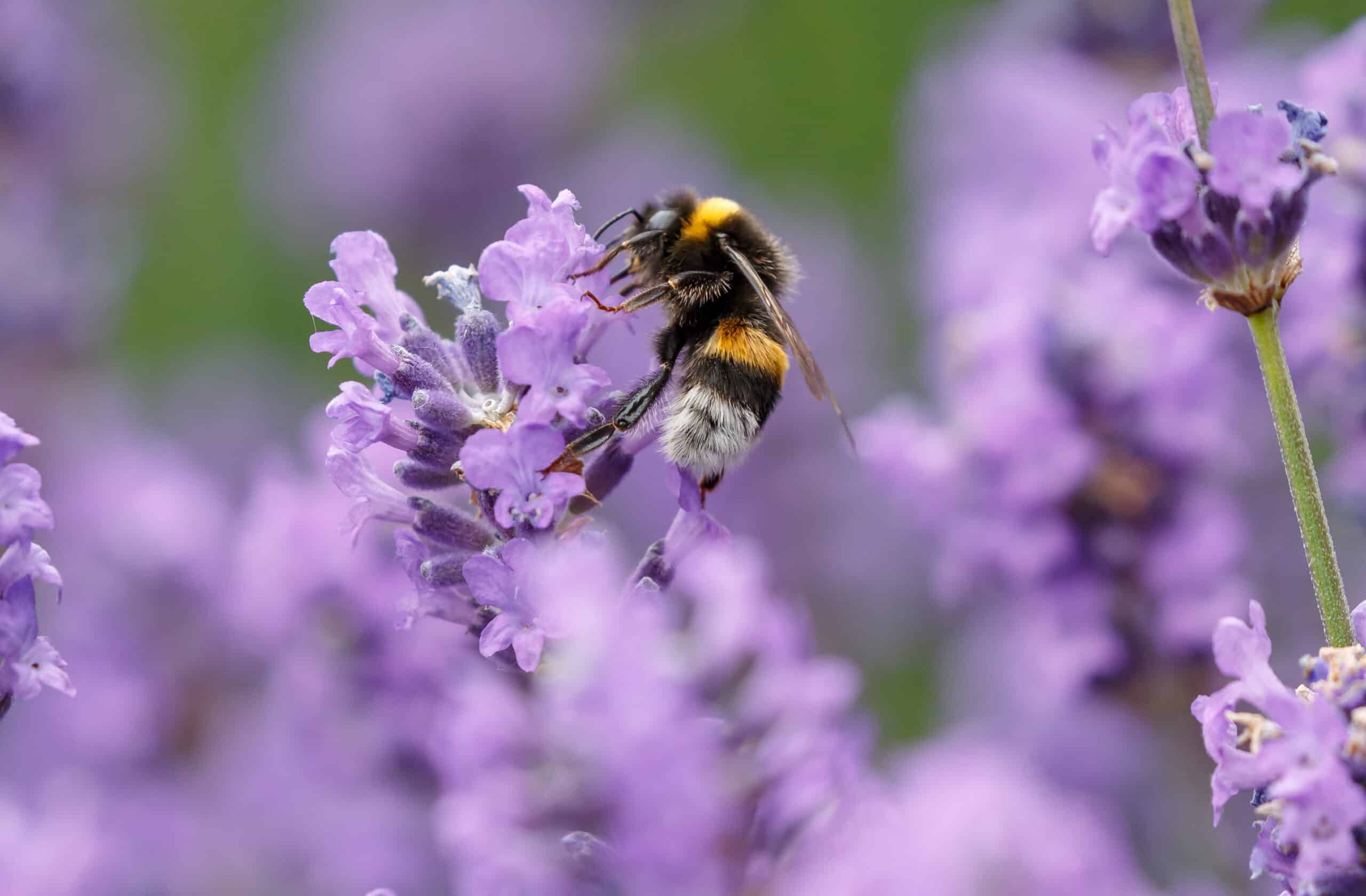
Formas de apoyar nuestro trabajo

Lea las últimas noticias
Manténgase informado e inspirado. Lea nuestros últimos comunicados de prensa para descubrir cómo estamos contribuyendo al planeta.

Vea nuestro impacto
Vea las verdaderas victorias que su apoyo hizo posibles. Lea sobre los triunfos de campaña por los que hemos luchado y ganado juntos.

Dona hoy
Contribuye a impulsar el cambio. Se necesita el apoyo de defensores del medio ambiente como tú para construir un mundo más sano y justo.
